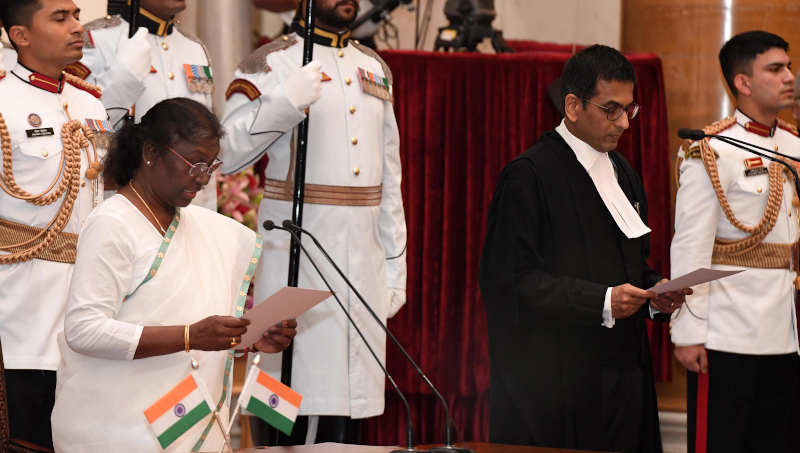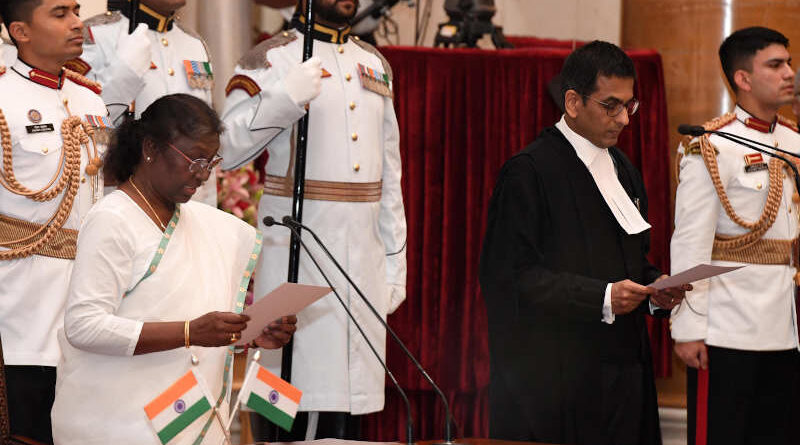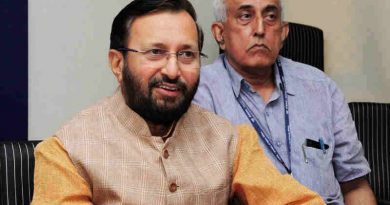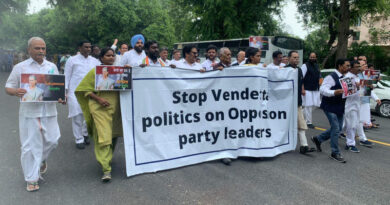Chief Justice Asks Judges to Learn Technology to Handle Court Cases

Chief Justice Asks Judges to Learn Technology to Handle Court Cases
The Supreme Court has observed that it is the fundamental right of litigants to have technology as an option to contest their legal cases.
By RMN News Service
The Supreme Court of India has directed all judges in high courts and lower courts to learn technology if they want to survive in the judicial profession. As part of the technology introduction drive, the top court has decided to provide video-conferencing (VC) facilities in all 25 high courts in two weeks to conduct hearings.
According to a report of October 7, 2023, in the Hindustan Times, the Supreme Court observes that knowledge of technology is a licence to become a judge as a person needs a licence to drive a car. The Supreme Court warned the judges that their personal aversion to technology should not hamper the use of digital systems in courts.
A bench, led by the Chief Justice of India D.Y. Chandrachud, told the judges that if they want to become a judge in India they need to be tech-friendly and have sufficient knowledge of technology.
The Supreme Court also directed the high courts to provide necessary infrastructure including internet facility to lawyers and litigants. The top court expressed its displeasure on the fact that many high courts have stopped using VC facilities and dumped their computer equipment while the Central government has sanctioned Rs. 7,210 crore for the third phase of the eCourts mission.
The technology mission aims to augment the digital infrastructure in courts by setting up 2,500 new modern, virtual-friendly courts, establishment of 1,150 virtual courts, 4,400 eSewa kendras in all court complexes from where citizens who do not understand technology can access virtual courts, besides a range of judicial services online, including e-filing and e-payment of court fees.
Chief Justice Chandrachud informed that many Supreme Court judges are attending technology training sessions so that they could use technology in their judicial proceedings while the top court has started using digital platforms extensively.
The Supreme Court has observed that it is the fundamental right of litigants to have technology as an option to contest their legal cases. It is believed that the enhanced use of technology will help reduce pendency of court cases.
Currently, about 5 crore (50 million) cases are pending in various Indian courts. Out of these, nearly 70,000 cases are pending in the Supreme Court, about 60 lakh (6 million) cases are pending in high courts, and others are in the lower courts.





